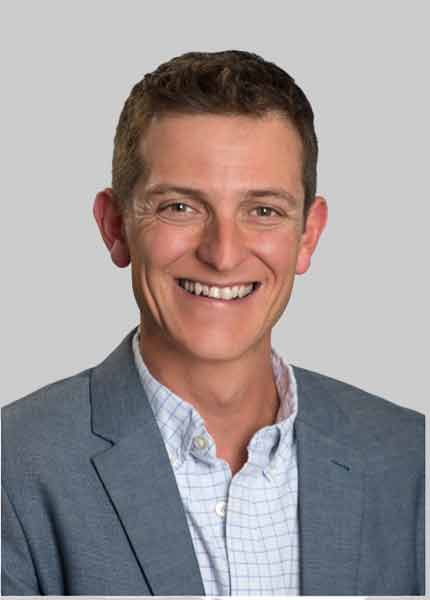Who are you and where are you from?
I am Francisco Quintana. I was born in Argentina, where I studied Molecular Biology. Afterwards, I moved to Israel, where I obtained my PhD in Immunology working under the supervision of Irun Cohen at the Weizmann Institute of Science. In 2005 I moved to Boston for my postdoctoral studies under the mentorship of Howard Weiner.
Where is your lab/team based and how many people are there?
My laboratory is located at the Ann Romney Center for Neurologic Diseases, Brigham and Women’s Hospital, Harvard Medical School in Boston, MA, USA; we are also affiliated to the Broad Institute of MIT and Harvard. We are a group of about 15 investigators focused on multiple aspects of neuroimmunology..
Your research program in one sentence?
My laboratory uses zebrafish and mouse experimental models in combination with clinical samples and advanced molecular approaches to define immunoregulatory mechanisms and candidate therapeutic targets in neurologic diseases such as multiple sclerosis and brain cancer.
What has attracted you in neuroimmunology? And Why? (Please specify basic research and/or clinical research).
I have always been fascinated by the immune response, in particular the molecular mechanisms that control it and how to target them therapeutically. In Argentina I was initially focused on the study of autoimmunity triggered by parasitic infections. Later on, I lost my grandfather to neurologic disease and that redirected my research interest to the study of CNS inflammation.
What is the most exciting part of your job?
Discussing and interpreting data with lab members and trying to come up with new hypothesis/mechanisms.
What would be your best advice for young researchers in neuroimmunology?
Learn as much as you can with regards to experimental models and techniques. Never, ever stop reading, particularly beyond the confines of your specific area of research. Identify mentors that can help you navigate the multiple challenges you will find as an investigator: development of your research program, preparation of grants and papers, and management of your team, just to name a few. Most importantly, be passionate about your work.
Any area(s) of specialized expertise open for collaboration?
CNS inflammation and neurodegeneration, brain tumors and CNS targeting infections, glial biology, CNS and peripheral neuroimmune cell-cell interactions, microbiome regulation of inflammation and neurodegeneration, biomarkers and immunomodulatory engineered probiotics and nanomaterials.
If available, add any openings for Masters, PhD students, or postdoctoral/training opportunities?
We are always interested in hearing from scientists from around the world interested in joining our group. Space and resources are limited, so securing external funding is always encouraged!

